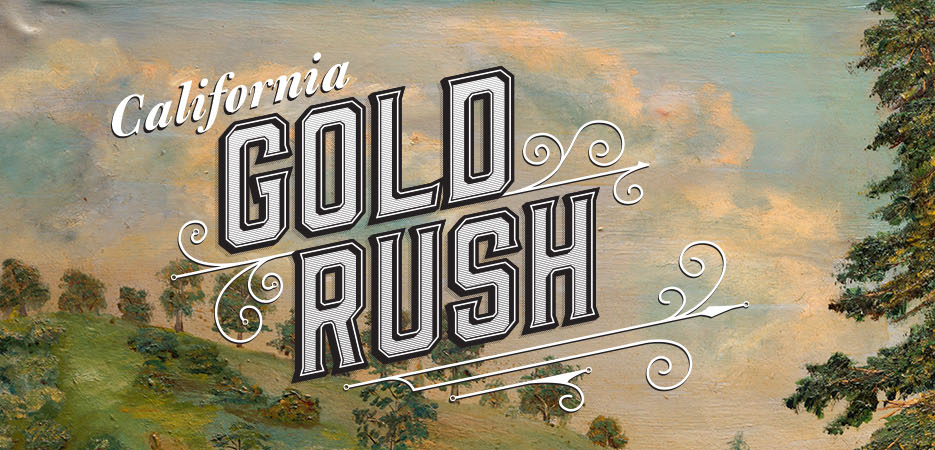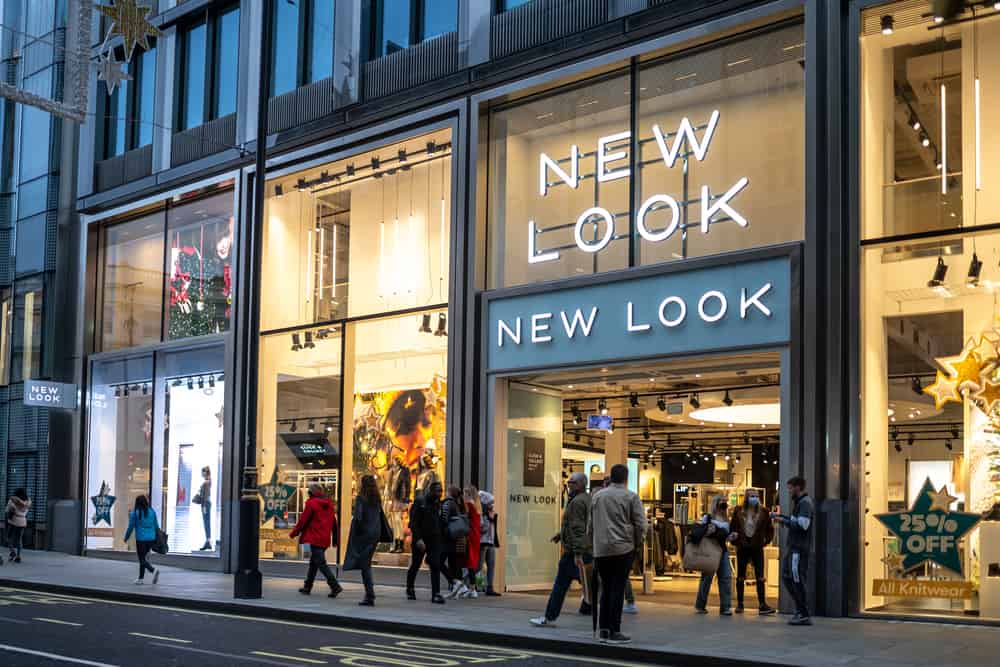The Californian Gold Rush. A huge number of prospectors racing to grab their share of what appeared to be an opportunity not to be missed. Parallels with Black Friday anyone?!
Fool’s gold
Pyrite is a mineral that looks like gold and glistens like gold. It’s shiny and pretty but virtually worthless. Countless have fallen for it, thinking they had found a treasure or got themselves a bargain.
One colleague from our London team found a great bargain at the weekend, a golf bag with a sticker advertising a mark-down from £179 to £109, a 40% discount, enough to make you feel good. That was until he got home and discovered the original £119 price tag, tucked inside one of the pockets. Fooled?
Before I’m accused of pointing at the misfortune of my friends, I’ll admit to my fair share of undue excitement which came in the shape of an “Amazon Invite only deal”. It was for a 55” Ultra HD TV at 75% discount! I registered, checked my inbox numerous times in anticipation, saw many other irrelevant products advertised to me, but no invite. Blessing in disguise, I probably don’t need a new TV but I’m sceptical, how many actually received an invite? Was it just a ploy to get me interested? Rhetorical question, Amazon is not known for the subtility of its marketing tactics. But I definitely feel like a fool for having played along…
The first losers are the customers. I’m not arguing that there weren’t nuggets within that gold rush. However, in the midst of the madness, how do you spot the gold in amongst the pyrite? Black Friday is one of the few times marketers throw out everything they know actually works, and go with ‘spray and pray’ FOMO based comms.
The cost of digging
Just to be clear, I don’t believe the retailers are enjoying the ride either. Customers’ expectations are high, other unscrupulous retailers are stealing the show, and planning the whole event is a logistical nightmare.
Of course, “when you dig for gold you shouldn’t resent the price of a shovel”, as the saying goes. That’s true, if there is actual gold to be found. In practice, nearly half the clothing bought online is being returned. That’s a lot of stock unnecessarily in transit, risking damage and appearing as ‘out of stock’.
Another member of our staff got an email offering her a 20% discount on a dress that she had purchased only a few days before. A really poor customer experience which would typically lead to the item being returned, refunded and repurchased, accompanied by less than warm feelings about that brand. Ultimately that business was let down by their marketing tools, and their staff are probably feeling as frustrated as our colleague.
For CFOs, it illustrates an important question, how many customers would have bought anyway and at a more sustainable price point. Are businesses digging for gold or digging in a race to the bottom? Are discounts the inevitable cost of doing business?
Finally, don’t get me started on the ecological impact. There is no escaping the fact that Black Friday is pure consumerism, brands and consumers setting aside their green aspirations because no one wants to feel like they’re being left out.
I won’t go as far as making a comparison with the actual Gold Rush, during which environmental destruction was achieved on an unprecedented scale. The point is simply that during every rush there is a toll which is often overlooked or excused at the time.
Winners not aiming for gold
In the end, very few of the prospectors made it big during the Gold Rush. Aside from a few major winners, most of the individuals who survived, ended up with little more than what they had started out with.
But there was a group that most consistently benefited from the Rush, it was made of those servicing it. The “pick and shovel” companies, businesses such as Wells Fargo and Levi’s that still exist to this day.
I was reminded of this story this morning when a colleague pointed out that he had received 267 emails with the word “Black Friday” or “Cyber Monday”. Is it fair to say the only companies guaranteed to make money out of this event are the ESPs (Email Service Providers), the advertisers and the couriers carrying the merchandise back and forth?
The end of the Gold Rush
Is this state of affair becoming unsustainable? Retailers are paralysed for weeks in planning for the end of year madness. Customers are hooked on discounts and bombarded with irrelevant messages. It’s not a good look for anyone and there’s got to be a better way!
I, for one, believe that it’s possible to create a win-win relationship between consumers and retailers and that the experience is more important than the discount (or the appearance of a discount). That’s what CRM teams strive to achieve all year round. Why abandon that every November to follow the herd, when the returns appear so low, and the risk so high?
Takeaway
Before we plough hell for leather at Black Friday 2024, it’s worth taking two steps back, while we still have some time, and think about the best and most helpful approach to take for your customers.
For more resources explore our latest eBook, We’re Here to Slay the CDP Monster and whitepaper Why Marketing Clouds are Failing CRM Teams.






